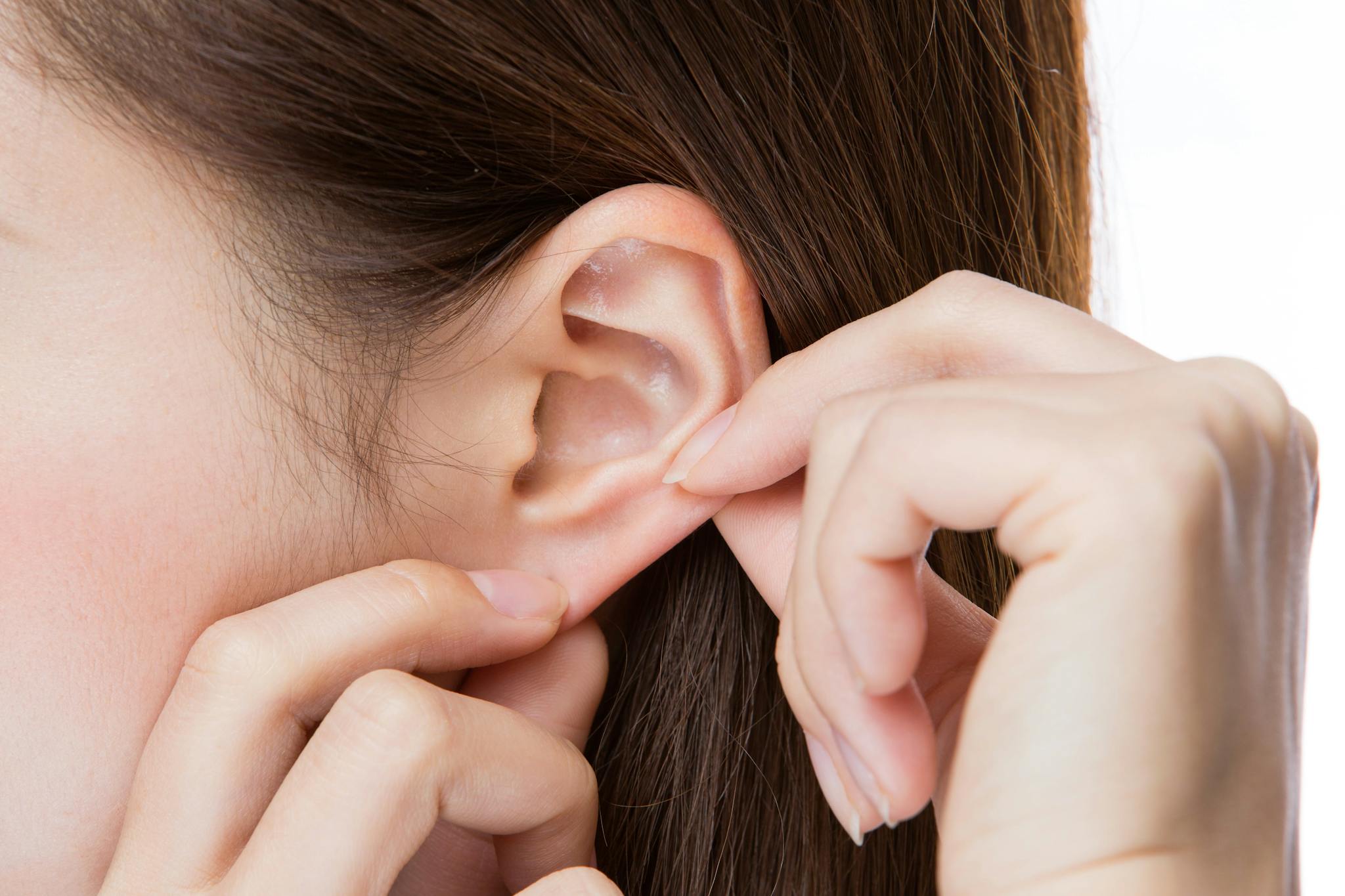
2023-04-06T14:20:05
What you need to know about Oral, Head, and Neck Cancer
- Ear, Nose, Throat
- Medical Oncology
August 4, 2017 | Ear, Nose, Throat
Specialties:ENT (Ear, Nose and Throat)

Tonsil stones are hard, yellow or white deposits located on or inside the tonsils—they are also called tonsilloliths.
How do tonsil stones affect the tonsils and overall health, and how can they be treated and prevented? Let’s take a look, starting with the basic function of healthy tonsils.
The tonsils are gland-like structures in the back of the throat, with one located in a pocket on each side. They’re made of tissue containing lymphocytes, cells in the body that help ward off infections. Tonsils are believed to play a role in the immune system— they’re like a safety net, trapping bacteria and virus particles before they can get down the throat.
However, it’s relatively common for the tonsils to cause problems, and evidence indicates that people who have their tonsils removed see no change in their risk of bacterial or viral infections.
Tonsil stones are caused by the hardening of debris. The tonsils are full of little crevices where bacteria and other materials can become trapped, and they then become concentrated in white formations inside the tonsil pockets. It’s common for many people to have small tonsil stones, but larger and solidified tonsilloliths are much rarer.
Many people with tonsil stones have no symptoms, and even certain large stones are only discovered during an X-ray or CT scan for some other cause. Larger tonsilloliths may lead to symptoms including:
Treatment for a tonsil stone depends on the size of the stone and the potential for it to cause discomfort or harm. Treatment options include:
Tonsil stones are more common in cases of chronic tonsillitis, and the only foolproof way to prevent them is to remove the tonsils via a process called tonsillectomy. These procedures are performed under general anesthesia.
There are a few other steps you can take to help prevent tonsil stones:
If your tonsils regularly give you issues, speak to your doctor about options. If you have tonsil stones that are causing noticeable symptoms, your doctor will recommend a treatment plan.
“Tonsil Stones (Tonsilloliths).” WebMD. http://www.webmd.com/oral-health/guide/tonsil-stones-tonsilloliths-treatment-and-prevention#1
“Tonsil Stones.” HealthLine. http://www.healthline.com/health/dental-and-oral-health/tonsil-stones#symptoms4

WRITTEN BY:
The Live Better Team

2023-04-06T14:20:05

2019-04-02T10:47:01

2018-03-14T14:58:17

2018-01-10T09:30:55
This information is not intended to replace the advice of a medical professional. You should always consult your doctor before making decisions about your health.